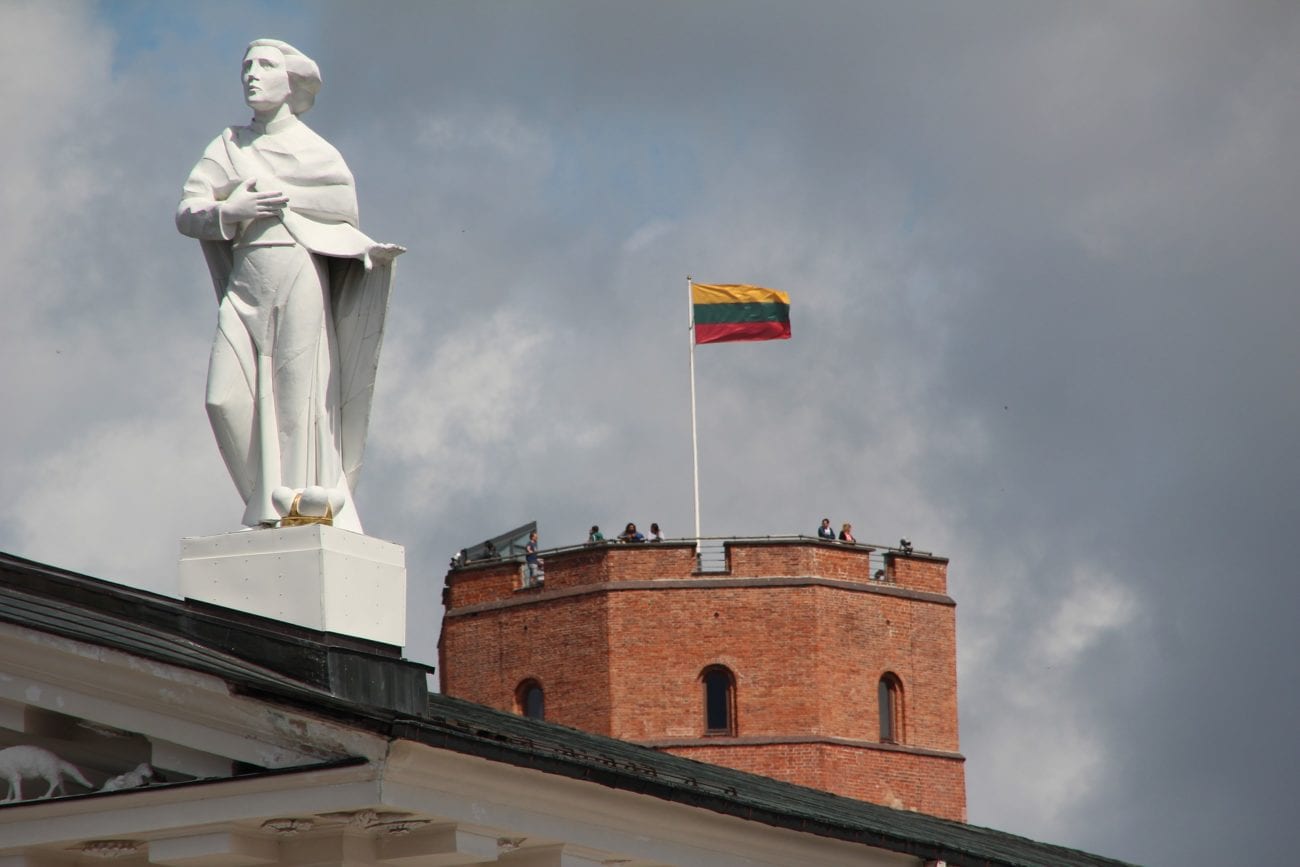Lithuanian regulator to apply for new enforcement powers
| By iGB Editorial Team
The Lithuania Gambling Supervisory Authority is to lobby the Vilnius Regional Administrative Court for the power to block access and payments to unlicensed gambling sites, as it looks to step up efforts to tackle illegal gambling.

The Lithuania Gambling Supervisory Authority is to lobby the Vilnius Regional Administrative Court for the power to block access and payments to unlicensed gambling sites, as it looks to step up efforts to tackle illegal gambling.
Should the regulator be granted the powers, it will be able to issue binding orders to have internet service providers (ISPs) block unlicensed sites and force payment processors to cease all transactions with these businesses.
This would bring the Authority in line with the Lithuanian Radio and Television Commission (LRTK), which can already order ISPs to prevent citizens from accessing illegal content under the Public Information and the Copyright and Related Rights Acts.
The Law on Gambling of the Republic of Lithuania already allows the Authority to take measures against illegal operators, through the creation of its online gaming blacklist. This currently includes 354 domains, including sites operated by the likes of Kindred Group, The Stars Group, bet365 and Flutter Entertainment.
However, to have access to these sites blocked, the regulator currently has to have the blocking order approved by the Vilnius court.
In related news, the Authority has warned licensees to block customer transactions made using payment methods not previously verified as being linked to a player. Operators must verify that a debit or credit card is in a player’s name before they can accept deposits from the account.
In August this year figures from the Authority revealed that online gaming revenue for the six months to 30 June rose to €17.5m (£14.9m/$19.3m), of which €10.4m came from the country’s six licensed sportsbook operators.
A market survey published in October then revealed that igaming participation had almost doubled in the country since 2017, with 30% of respondents having gambled online in the past year.
